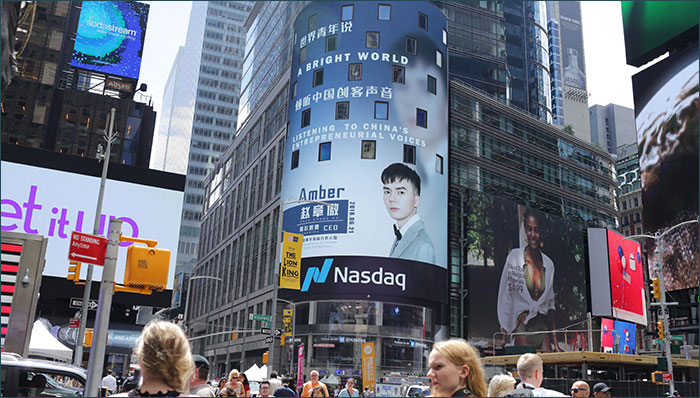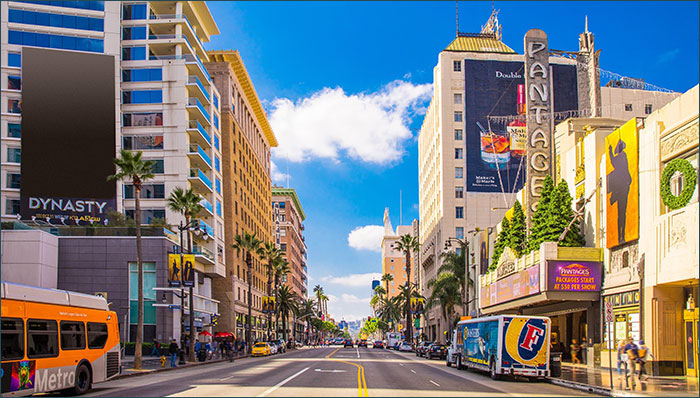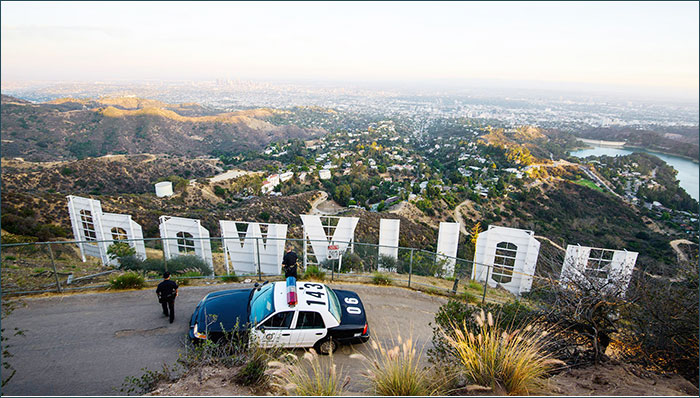Shanghai, China’s most populous city and a global financial powerhouse, stands as a testament to the nation’s rapid modernization and cultural resilience. Located at the mouth of the Yangtze River, this sprawling metropolis is more than just a city—it’s a symbol of China’s ambition, adaptability, and global reach.To get more news about shanghi, you can visit meet-in-shanghai.net official website.
Historically, Shanghai began as a modest fishing village. Its strategic location along the coast and proximity to major rivers made it a natural hub for trade. By the 19th century, Shanghai had transformed into a bustling port city, attracting foreign investment and becoming one of the first Chinese cities to open to Western commerce. This period laid the foundation for Shanghai’s cosmopolitan character, which still defines it today.
Modern Shanghai is a city of superlatives. With a population exceeding 24 million, it ranks among the largest urban centers in the world. Its skyline, dominated by architectural marvels like the Shanghai Tower and the Oriental Pearl TV Tower, reflects the city’s futuristic aspirations. The Bund, a waterfront promenade along the Huangpu River, offers a striking contrast—lined with colonial-era buildings that whisper stories of Shanghai’s past.
Economically, Shanghai is a juggernaut. It hosts the world’s busiest container port and serves as a critical node in global supply chains. The city is home to the Shanghai Stock Exchange, one of the largest in Asia, and plays a pivotal role in China’s financial ecosystem. Its GDP rivals that of entire countries, and its influence extends across industries from manufacturing and shipping to technology and fashion.
Yet Shanghai is not just about business. It’s a cultural mosaic, blending traditional Chinese heritage with international flair. The city boasts world-class museums, vibrant art districts, and a dynamic culinary scene. From street-side dumpling stalls to Michelin-starred restaurants, Shanghai’s food culture is as diverse as its population. The city’s dialect, Shanghainese, adds another layer of identity, though Mandarin remains the lingua franca.
Education and innovation are also central to Shanghai’s identity. The city is home to prestigious institutions like Fudan University and Tongji University, which contribute to its reputation as a center for research and development. In recent years, Shanghai has positioned itself as a leader in science and technology, with initiatives aimed at fostering startups and attracting global talent.
Public transportation in Shanghai is a marvel of efficiency. Its metro system, one of the largest and most advanced in the world, connects nearly every corner of the city. High-speed trains link Shanghai to other major cities, making it a gateway to the rest of China. The city’s infrastructure reflects a commitment to sustainability and smart urban planning, with green spaces, bike lanes, and eco-friendly buildings becoming increasingly common.
Despite its modernity, Shanghai remains deeply rooted in tradition. Landmarks like the Yu Garden and Jing’an Temple offer serene escapes from the city’s hustle. Festivals such as Chinese New Year and the Mid-Autumn Festival are celebrated with fervor, bridging generations and preserving cultural continuity.
Shanghai’s challenges mirror its scale. Rapid urbanization has led to issues like air pollution, housing affordability, and social inequality. Yet the city continues to evolve, embracing reforms and innovations that aim to balance growth with quality of life.
In essence, Shanghai is a city of contrasts—ancient yet futuristic, local yet global, chaotic yet orderly. It embodies the spirit of modern China: ambitious, resilient, and ever-changing. Whether you’re drawn by its economic dynamism, cultural richness, or sheer urban spectacle, Shanghai leaves an indelible impression. It’s not just a place on the map—it’s a living narrative of transformation.






